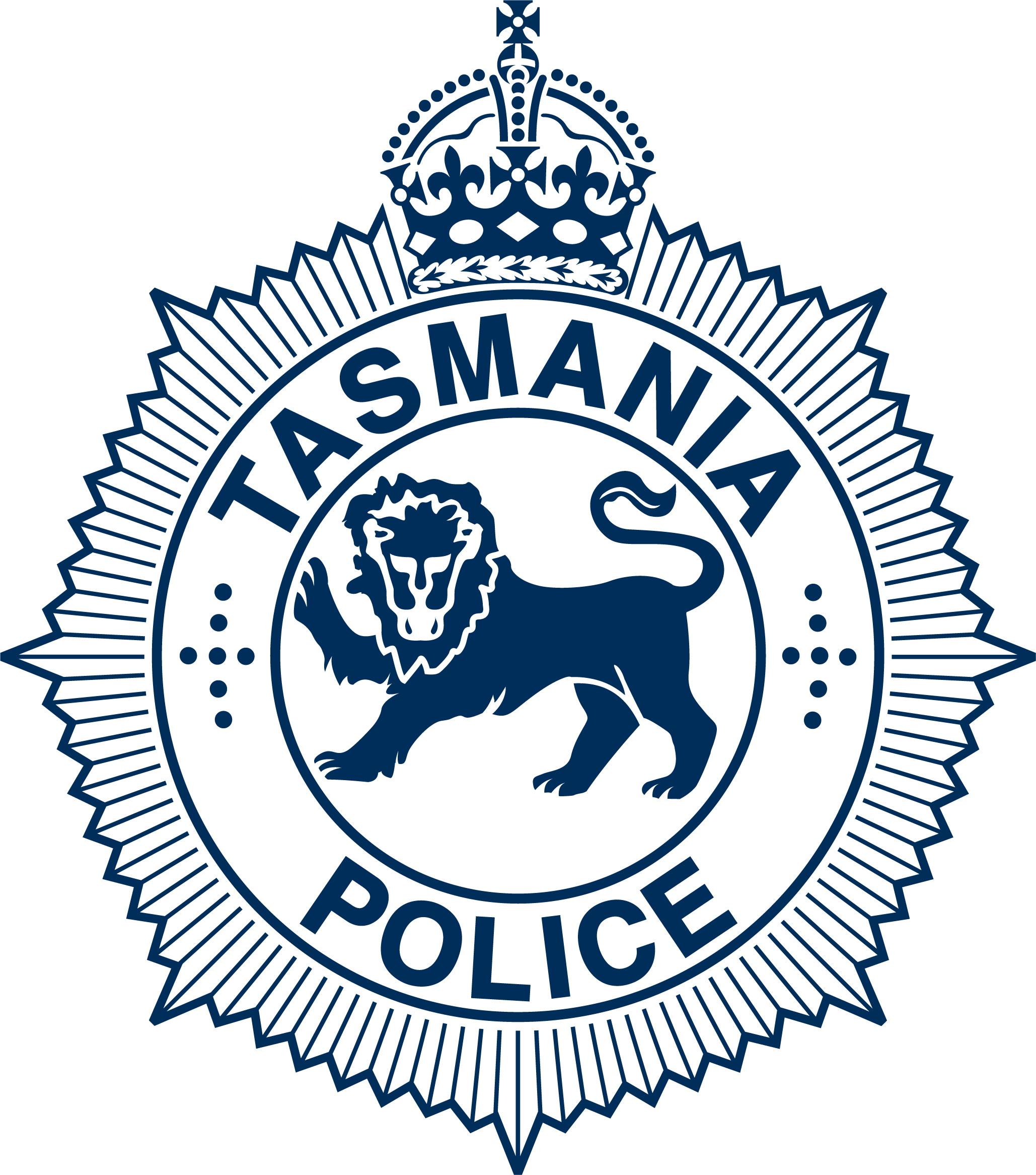Tourist Tips
While exploring the many possibilities that Tasmania has to offer, we want you to be able to relax and enjoy the bounteous natural attractions.
By world standards Tasmania is extremely safe to travel around. We want you to be able to enjoy your holiday experiences and share them with others, trouble free.
Click the link attached to find a few easy guidelines to follow that will ensure your safety and heighten your enjoyment of our State, https://www.police.tas.gov.au/services-online/tourist-tips/



